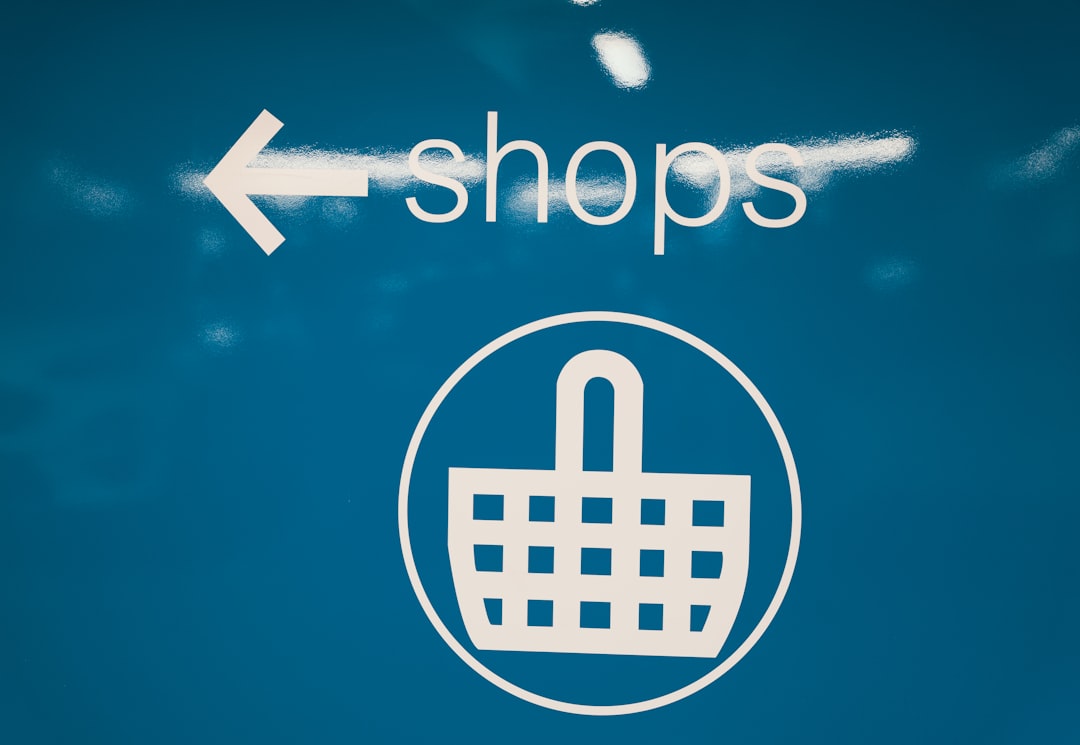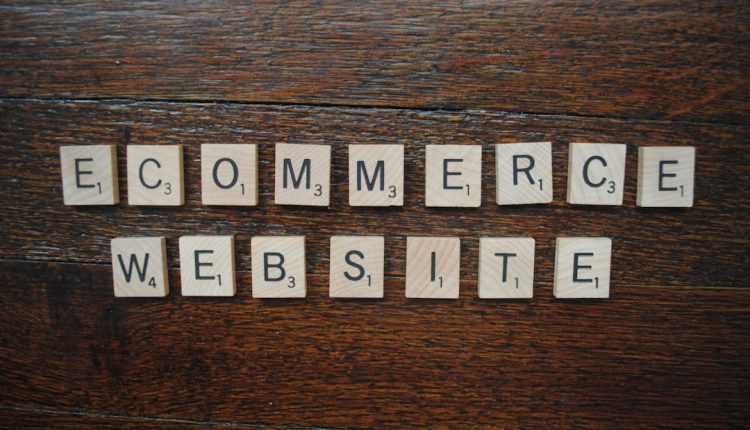Choosing the right SaaS ecommerce platform is one of the most crucial decisions for any online business. It can determine your ability to scale, integrate with key tools, and ultimately deliver a smooth shopping experience for your customers. With an array of options available in the market, understanding the nuances of each alternative can help you select the right one tailored to your specific business needs. In this article, we compare the top SaaS ecommerce platforms based on their features, pricing, and scalability to help you make an informed decision.
What is a SaaS Ecommerce Platform?
Table of Contents
A SaaS (Software as a Service) ecommerce platform is a cloud-based software solution that enables businesses to create and manage online stores without the need to manage servers or perform software updates manually. These platforms typically offer subscription-based pricing and include hosting, security, and regular updates as part of the package. They’re ideal for businesses that want a simplified, scalable way to sell products online.
Top Contenders Compared
1. Shopify
Shopify is one of the most well-known SaaS ecommerce platforms globally, powering over 1.7 million businesses in more than 175 countries. It offers an intuitive interface paired with a vast app ecosystem.
- Features: Drag-and-drop store builder, hundreds of professional themes, comprehensive app store, multichannel selling (Facebook, Instagram, Amazon), abandoned cart recovery.
- Pricing:
- Basic: $39/month
- Shopify: $105/month
- Advanced: $399/month
- Scalability: Shopify Plus caters to high-volume businesses with advanced automation and dedicated support.
Shopify is excellent for most small to mid-sized businesses and startups looking for flexibility and ease of use. However, transaction fees (unless you use Shopify Payments) might be a drawback for some.

2. BigCommerce
BigCommerce is another major SaaS player targeted more toward mid-market and enterprise-level businesses. It’s known for its robust built-in features that reduce the need for third-party apps.
- Features: Native support for B2B, SEO optimization tools, multi-channel selling integrations, no transaction fees, bulk pricing tools, and customer segmentation.
- Pricing:
- Standard: $39/month
- Plus: $105/month
- Pro: $399/month
- Enterprise: Custom pricing
- Scalability: Scales well for growing companies, particularly B2B or hybrid businesses needing more customization and pricing flexibility.
Because many features are native, BigCommerce can offer better total cost of ownership than alternatives where more app-purchasing is required.
3. Wix eCommerce
Wix is best known for website building, but its ecommerce functionality has improved significantly in recent years. It’s aimed primarily at small businesses and solopreneurs.
- Features: Drag-and-drop editor, customizable templates, basic inventory management, multichannel and mobile-friendly selling, integrated SEO tools.
- Pricing:
- Business Basic: $27/month
- Business Unlimited: $32/month
- Business VIP: $59/month
- Scalability: Suitable for smaller operations. May not be ideal for businesses with complex shipping or product catalogs.
Wix shines in design flexibility and ease of use, but those needing advanced ecommerce features may outgrow it quickly.

4. Squarespace Commerce
Squarespace started as a portfolio-focused content management platform but has gradually added ecommerce capabilities, making it a solid option for creators and small retailers.
- Features: Elegant design templates, digital product selling, email marketing integration, built-in product management, SSL security.
- Pricing:
- Business Plan: $23/month (3% transaction fee)
- Basic Commerce: $27/month (no transaction fee)
- Advanced Commerce: $49/month
- Scalability: Most effective for small-scale operations or creative professionals. Limited third-party integrations may hinder growth.
Its seamless integration with content-heavy websites makes Squarespace perfect for those who want beauty and functionality in one. However, it’s not feature-rich enough for high-volume ecommerce businesses.
5. Ecwid by Lightspeed
Ecwid is unique in that it doesn’t require you to build a new website. Instead, it integrates ecommerce functionality into your existing site, whether it’s built on WordPress, Wix, Weebly, or even a custom HTML page.
- Features: Sell on multiple platforms (Facebook, Instagram, Amazon), inventory tracking, mobile-responsive shopping cart, APIs for customization.
- Pricing:
- Free Plan: $0/month (limited features)
- Venture: $19/month
- Business: $39/month
- Unlimited: $99/month
- Scalability: Great for those not ready to migrate to a full ecommerce platform. Less optimal for enterprise-level ecommerce due to limitations in customization.
Ecwid is perfect for small businesses that want to add ecommerce without a full site redesign. It’s also one of the few platforms that offers a free-forever plan.
Key Factors to Consider When Choosing a SaaS Ecommerce Platform
Before settling on a solution, it’s essential to assess your needs and goals. Here are several key factors to consider:
- Scalability: Can the platform grow with your business? Look into enterprise plans, API support, and integrations.
- Total Cost: Don’t just look at monthly fees—consider apps, transaction fees, and third-party services.
- Ease of Use: Some platforms require a learning curve; others offer drag-and-drop simplicity that’s ideal for beginners.
- Customizability: Do you need flexibility in design and functionality? Not all platforms are equally modifiable.
- Customer Support: 24/7 support and access to community forums and knowledge bases can be invaluable.
Which Platform is Right for You?
Your ideal SaaS ecommerce platform depends largely on the stage and size of your business:
- For Startups and Solopreneurs: Wix and Squarespace offer simplicity at an affordable price with beautiful templates.
- For Growing Businesses: Shopify is versatile and supported by an extensive app ecosystem—perfect for scaling operations quickly.
- For High-Volume or Enterprise-Level: BigCommerce rises to the occasion with robust native features and minimal need for third-party tools.
- For Businesses with Existing Sites: Ecwid is an excellent add-on solution that brings ecommerce to your current web presence without a major overhaul.

Final Thoughts
The SaaS ecommerce platform you choose acts as the digital foundation of your business. As you forecast future needs—whether they’re traffic surges, international expansion, or deeper analytics—choosing a platform with both functionality and flexibility is essential. Fortunately, today’s leading options make building and growing an online store more accessible than ever. By carefully comparing features, pricing, and scalability, you can set your business on the path to long-term success.

